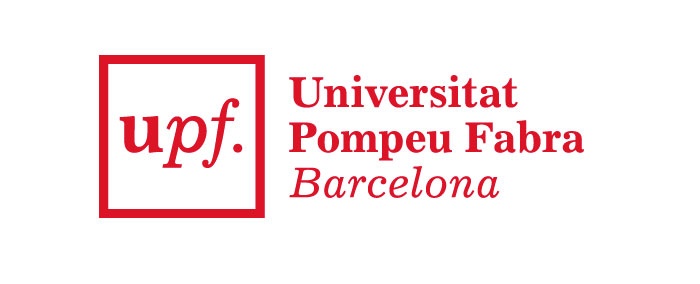Descripció del projecte
Within the ongoing SARS-CoV-2 pandemic, mRNA-based vaccines have been proven to be producible in a very timely manner, and to be highly efficacious in inducing specific antibody and T cell immunity. However, they have important shortcomings: (i) they need sophisticated complex lipid formulations to be immunogenic, and (ii) they require cold chains to maintain functional which restricts their use in remote, less developed areas of the world. Furthermore, the presently designed vaccines are solely based on inducing antibody responses. Work from the Infection Biology group of the UPF however has hypothesized that specific antibodies and cytotoxic T cell responses are acting multiplicative (synergistic) against an infecting virus (Bocharov et al., Trends in Immunology, 2021). Thus, a vaccine that is based on antibody plus cytotoxic T cell induction should be significantly more protective against virus-induced pathogenesis including COVID-19 and other viral diseases.
Aims of this industrial PhD project are: 1) to develop significantly simplified mRNA formulations that are immunogenic by alternative routes of administration; 2) to develop a formulation that can be stored in simple refrigerated or un-refrigerated conditions in order that they will be more applicable for global use including remote areas; 3) to evaluate different immunogen constructs with respect to their capacity to induce virus-specific antibody and cytotoxic T cell immunity. These aims will be experimentally addressed using the newly designed COVID-19 immunogens of the COVARNA consortium that include a trimeric RBD sequence from SARS-CoV-2 plus virus-derived HLA-I and HLA-II-restricted epitopes assembled in a string like fashion with putative cleavage sites in between the individual epitopes.
The project is a collaborative effort of the University Pompeu Fabra (UPF; Infection Biology Laboratory of ICREA Research Professor Andreas Meyerhans) and the Catalan company HIPRA (Human Health Division Dr. Antoni Prenafeta Amargós) who co-supervise the PhD thesis. The principle concepts behind the project are (i) mRNA vaccine storage in lyophilized form does not require a cold chain, (II) intradermal or intranasal administration via needleless injectors induce a better vaccine response compared to intramuscular injection, and (III) immunogens that induce antibodies plus cytotoxic T cell responses represent most efficient vaccines as they are utilizing the multiplicative cooperativity between both immune responses. For the proof of concept, we will use our own, previously designed SARS-CoV-2 immunogens and test their immunogenicity under various administration routes in vivo in mice and swine models. All components of the experimental work including immunogen constructs, animal models, antigen-specific immune-monitoring assays and the delivery device for swine (Hipradermic injector) are established. This ensures the feasibility and smooth progress of the planned experiments. If succesful, this project will have a significant impact in future global vaccination campaigns including those in resource-limited regions of the world.
Bocharov G, Grebennikov D, Argilaguet J, Meyerhans A. Examining the cooperativity mode of antibody and CD8 T cell immune responses for vaccinology. Trends Immunol. 2021 Oct;42(10):852-855.



